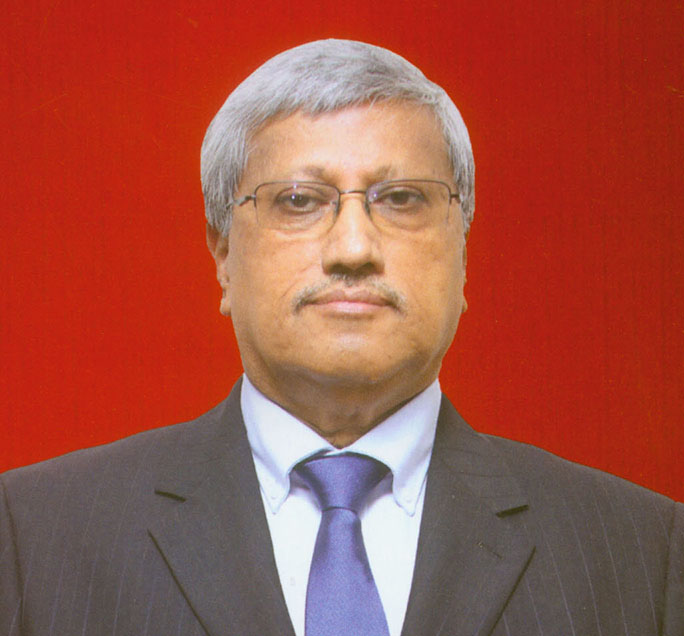Even as Guyana readies itself for the imminent exploitation of oil and gas and for the management of the revenues to be derived therefrom, Chief Executive Officer of Demerara Distillers Ltd. Komal Samaroo has cautioned about the danger of the country becoming ensnared in what he calls “the commodity trap” resulting from external controls over global commodity prices.
Pointing out that most of Guyana’s export earnings already come from commodities the prices of which are fixed by international markets and subject to fluctuation over time depending on demand and supply, Samaroo asserted that it will be no different in the newly emerging oil and gas sector.
“In my view this is a very vulnerable position to be in and the nation’s prosperity could swing like a pendulum, as we have seen in some countries in the region that depend primarily on commodities,” Samaroo said, even as he called for the creation of “a national strategy to be designed and implemented to avoid this circumstance”.
And in a wide-ranging and well-received presentation Samaroo told the audience attending the launch of the Georgetown Chamber of Commerce and Industry’s Business Guyana Magazine at the Pegasus Hotel on July 5 that effective entry into the global supply chain of major companies for local manufacturers requires strict compliance with international standards and best practices. According to Samaroo, competing with the best in the world dictates that local manufacturers comply with the tenets of “full traceability, and documentation of adherence to international standards of safety, quality, environment, ethics and social practices…Our production systems must meet international standards at all times and this requires a high level of technical competence and discipline of the management of manufacturing companies,” Samaroo told his audience adding that “compliance with international standards and best practices are critical prerequisites for manufacturers to get into the global supply chain of major companies.”
Noting that technology has had “a huge impact” on markets in the developed world, Samaroo said that technological advances had brought down the cost of communication and facilitated direct communication among buyers and sellers. This development, he said, had had a disrupting effect on major brands around the world as consumers have become more empowered and better informed, allowing for greater choice as new brands are added to the market, “each with its own unique selling proposition attracting consumers’ attention.”
Contextually, Samaroo is calling for a revamping of the country’s education system to produce people fully equipped with skills sets required to manage a business in the technology age in order to respond adequately to the transformational effects of “all aspects of business, be it manufacturing, marketing or distribution.”
And in assessing the challenges facing the country’s manufacturing sector Samaroo said that the reality of a population of less than a million people had placed limits on the country’s ability to provide a large enough market for the development of a strong and vibrant manufacturing sector. “We have to export to markets in the region, but more importantly to international markets.” He noted, however, that with the international market place being “very competitive, complex and constantly evolving,” successful participation therein required “in depth knowledge and updated information… particularly as you move higher up the value chain with branded products.”
Touching on the evolving nature of the international market including constant changes in consumer behavior, Samaroo alluded to the growth in spending by what he described as the millennial generation.
“They may be purchasing less but purchasing higher quality. In this regard they are looking for authenticity and brands with heritage,” Samaroo said. Contending that these developments “provide opportunities for the creation, development and protection of brands that can target specific groups of consumers”, Samaroo told his audience that the local private sector “must always look at how the greatest value can be created through the use of our intellectual property, natural endowment and our creativity to the benefit of all stakeholders. Our marketing strategy,” the rum industry executive said, “must support the goal of optimization of value in whatever we produce.”
But underlying all of these trends that open up new market opportunities, Samaroo said, is “the need to be internationally competitive in what we do. We cannot develop export industries unless we are internationally competitive as producers and as a nation. This is an important area for collaboration between the public and private sectors – how we work together to streamline the various necessary processes to consume less resources and time than other competing countries in getting our products to market. We must have a competitive edge in everything that we do”.





